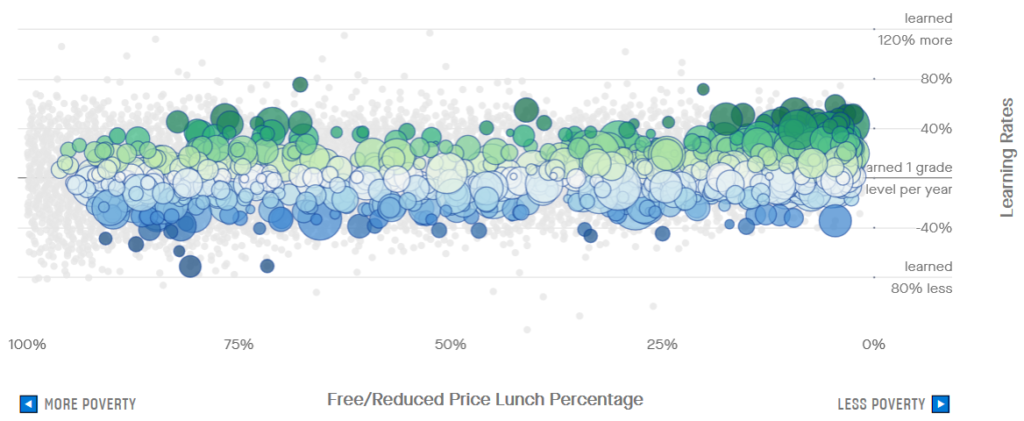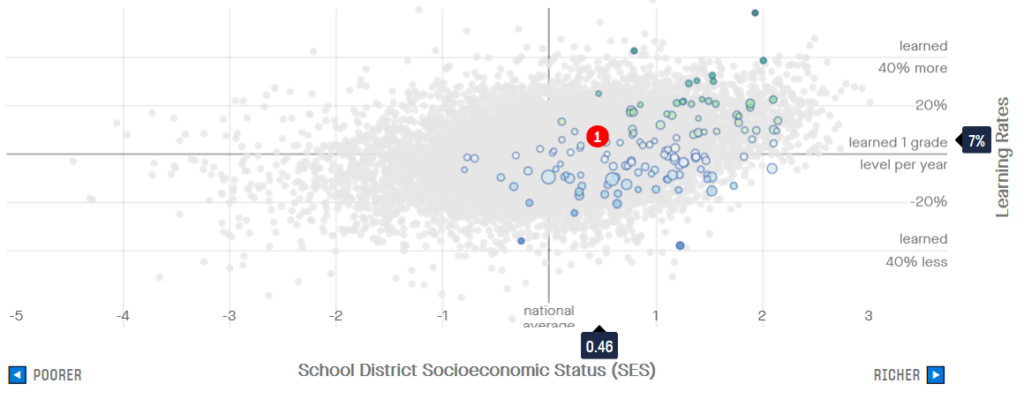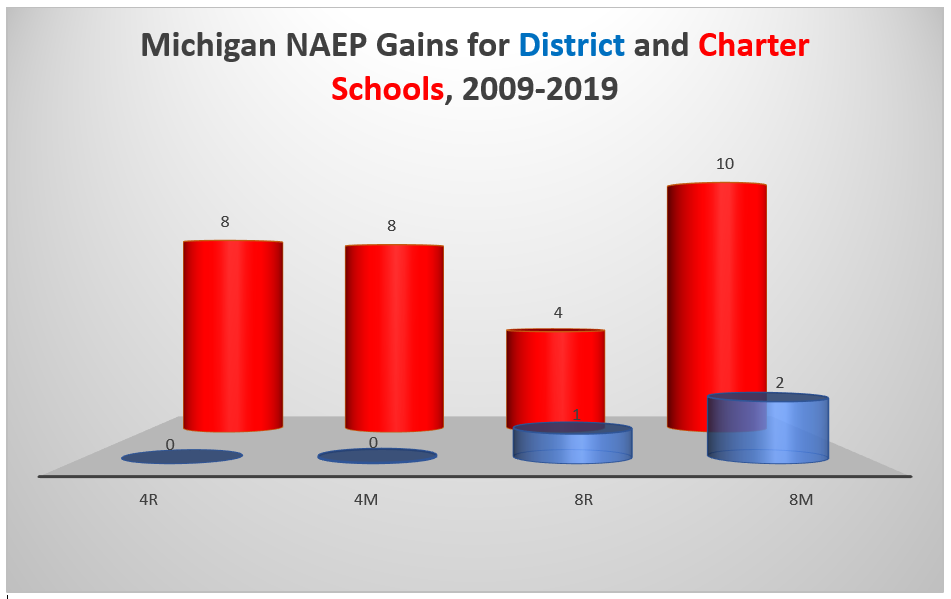
Democratic candidate for president Elizabeth Warren speaking at a rally Sept. 16 in Washington Square Park, New York City. Warren caused a stir last week when speaking to black and Latino charter school parents and supporters in Atlanta.
A recent protest of Elizabeth Warren’s education plan staged by a group of charter school parents at an event in Atlanta – which happened to include civil rights activist and education reform advocate Dr. Howard Fuller – resulted in a conversation between the senator and the parents that caused quite a stir. You can view the entire conversation here.
Go watch the video. I’ll wait.
Okay, good.
So, the big story coming out of this meeting has been Warren’s far-less-than-truthful denial about sending her children to private school. Her campaign subsequently admitted that her son attended public school “until fifth grade,” at which time he apparently attended a couple of different private schools.
But there were plenty of other interesting items in this conversation.
Warren protests at one point that Massachusetts and New Hampshire have good public schools. This, of course, is true, but Massachusetts and New Hampshire are two of the small handful of states with average six-figure incomes for families of four. If you examine data from the Educational Opportunity Project at Stanford University on student learning gains by poverty status, this is what Massachusetts and New Hampshire look like:

School effectiveness vs. free/reduced-price lunch eligibility; Massachusetts schools, all students, grades 3-8, from 2009-2016, sized by number of students

School effectiveness vs. school district socioeconomic status; New Hampshire districts, all students, grades 3-8, from 2009-2016, sized by number of students
On both maps, dark green represents high academic growth, and the right side of the charts signify a low percentage of students eligible for a free or reduced-price lunch. So, unless my eyes are deceiving me, the high academic growth schools in New Hampshire and (especially) Massachusetts cluster in the high wealth areas.
These schools may very well be “good,” but they aren’t exactly accessible.
Several of those high-poverty green schools on the left side of the Massachusetts chart are (you guessed it) charter schools. Just in case any of you are thinking this might be unfair and that every state’s growth chart is going to look like Massachusetts’ chart, take a look at this.
Warren claimed a few different times that she doesn’t oppose charter schools; she “just wants them held to the same standards.” Charter schools, however, because they are public schools, teach state standards and give state tests and get rated by the same metrics in all states.
Warren specifically mentioned Michigan as a state where charter schools don’t follow the same rules.
I suggest we exempt Michigan district schools from whatever “rules” Michigan charter schools have been exempted from. Michigan district schools have shown a big dose of academic stagnation over the last decade, whereas students in Michigan charter schools at least show improvement over time despite clustering in what may be the most economically challenged urban area in the country.
There’s more than one way to hold school sectors to the same standards, and it would be a better idea to free Michigan districts than to shackle Michigan charters.
 It’s pretty clear watching the video that Howard Fuller has read the senator’s education plan, but the senator graciously offers to review it for him. Fuller, a former superintendent with the Milwaukee Public School System, sagely warns the senator that absent structural changes, many districts simply will absorb the funds she speaks of without improving.
It’s pretty clear watching the video that Howard Fuller has read the senator’s education plan, but the senator graciously offers to review it for him. Fuller, a former superintendent with the Milwaukee Public School System, sagely warns the senator that absent structural changes, many districts simply will absorb the funds she speaks of without improving.
The senator agrees, and cites a childcare block grant program for which she increased funding that suffered that precise fate; the money never reached the teachers. This experience perhaps ought to have informed the senator’s plan more than it appears to have done thus far.
The richest quote from this entire episode may have been one drawn from a New York Times piece about the issue, which quoted charter school operator Margaret Fortune:
“What would be happening in a fair society is we would be asked for our opinions, rather than having candidates saying, ‘I have a plan for you’ — to shepherd you into the very schools that you left on purpose.”
An especially interesting take coming from a black, lifelong Democrat.